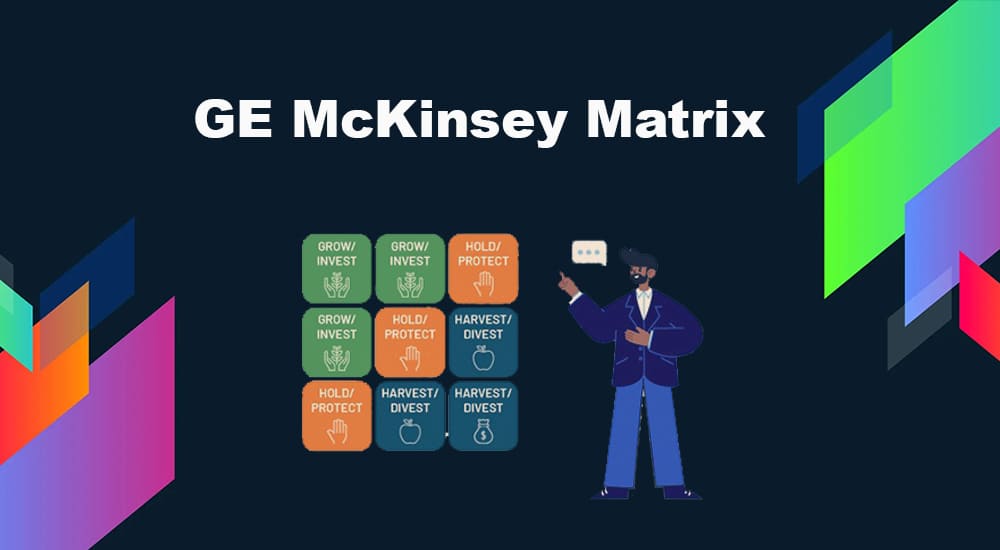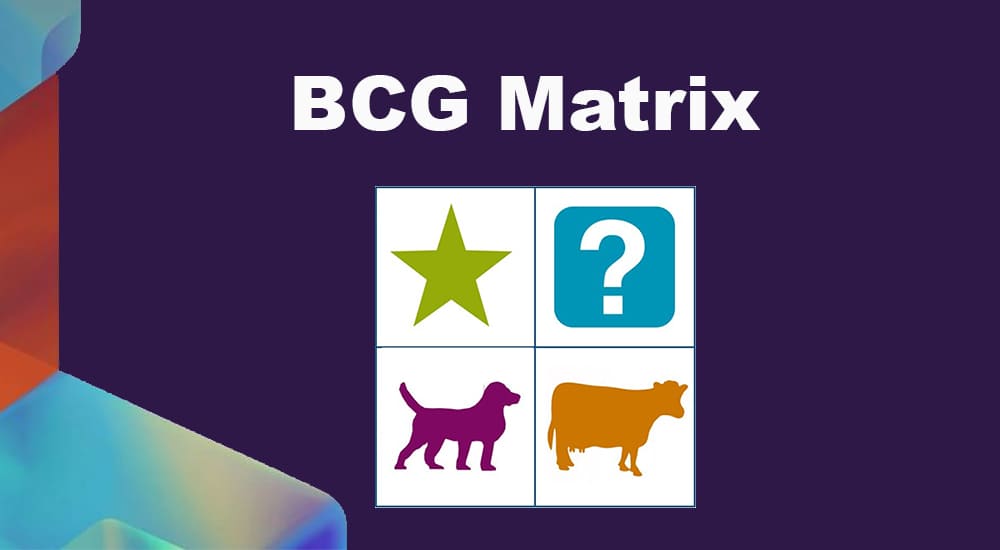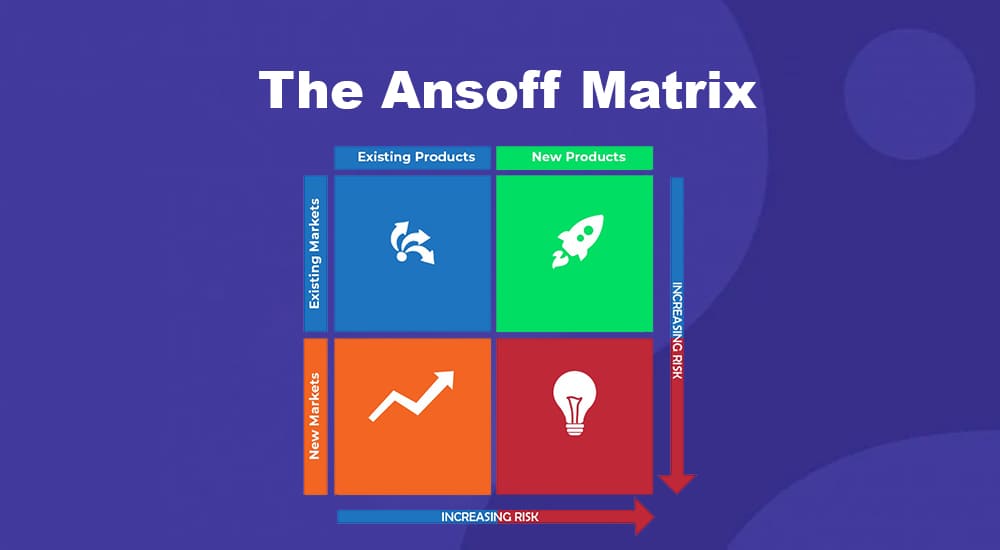GE McKinsey Matrix: Definition, Examples, and Limitations
Consider a business that is doing well but has fewer growth opportunities and another business doing poorly in an attractive growing market. Where will the business invest? Organizations have limited resources, and there is always competition for these resources among different teams, departments, and business units. Organizations with diversified portfolios find it challenging to decide …



